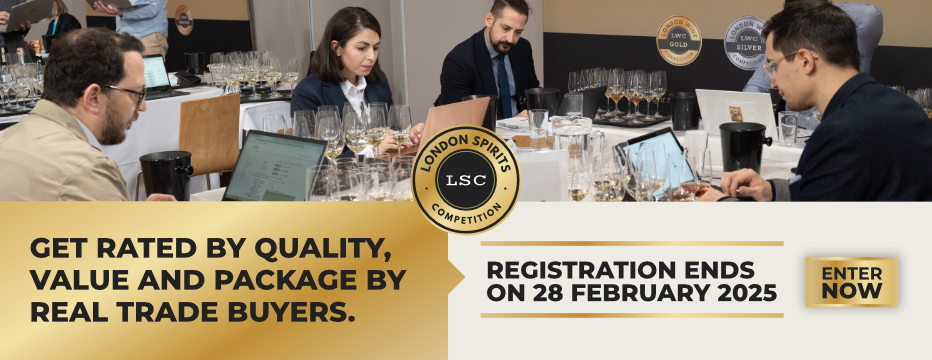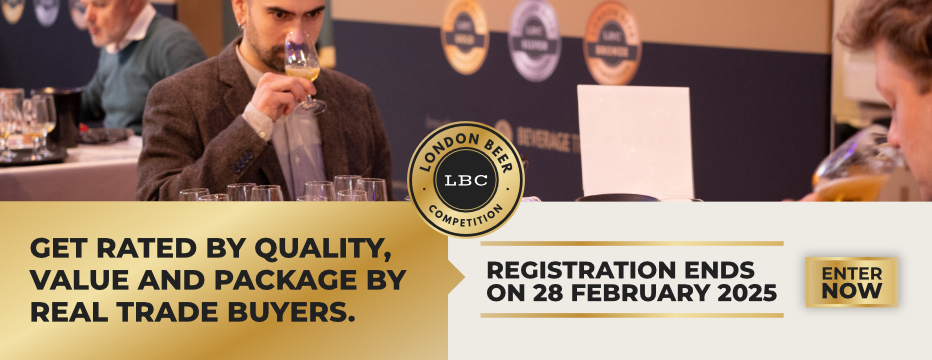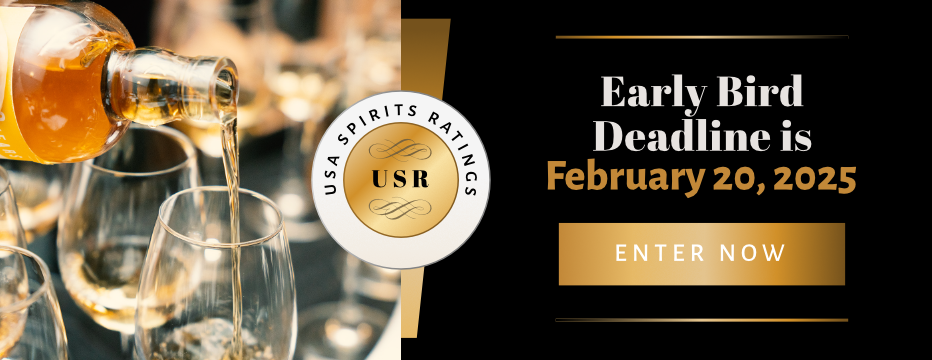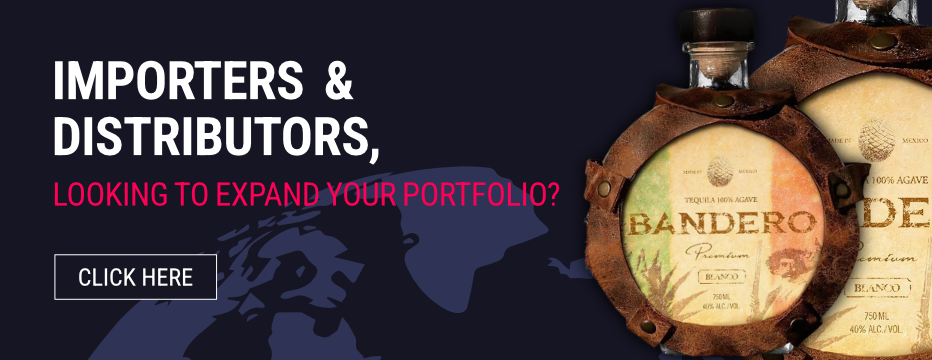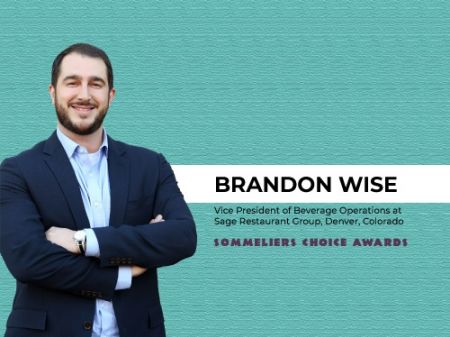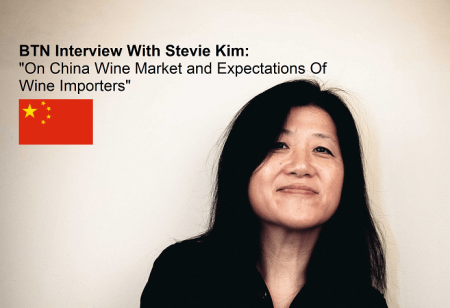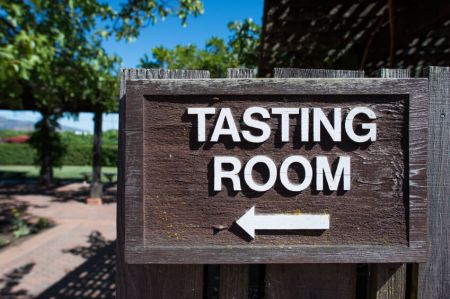Sommeliers Choice Awards 2024 Winners
Breaking Barriers: How Washington Wines is Making Wine More Approachable
Chris Stone on growing wine consumption through inclusivity and adaptability.
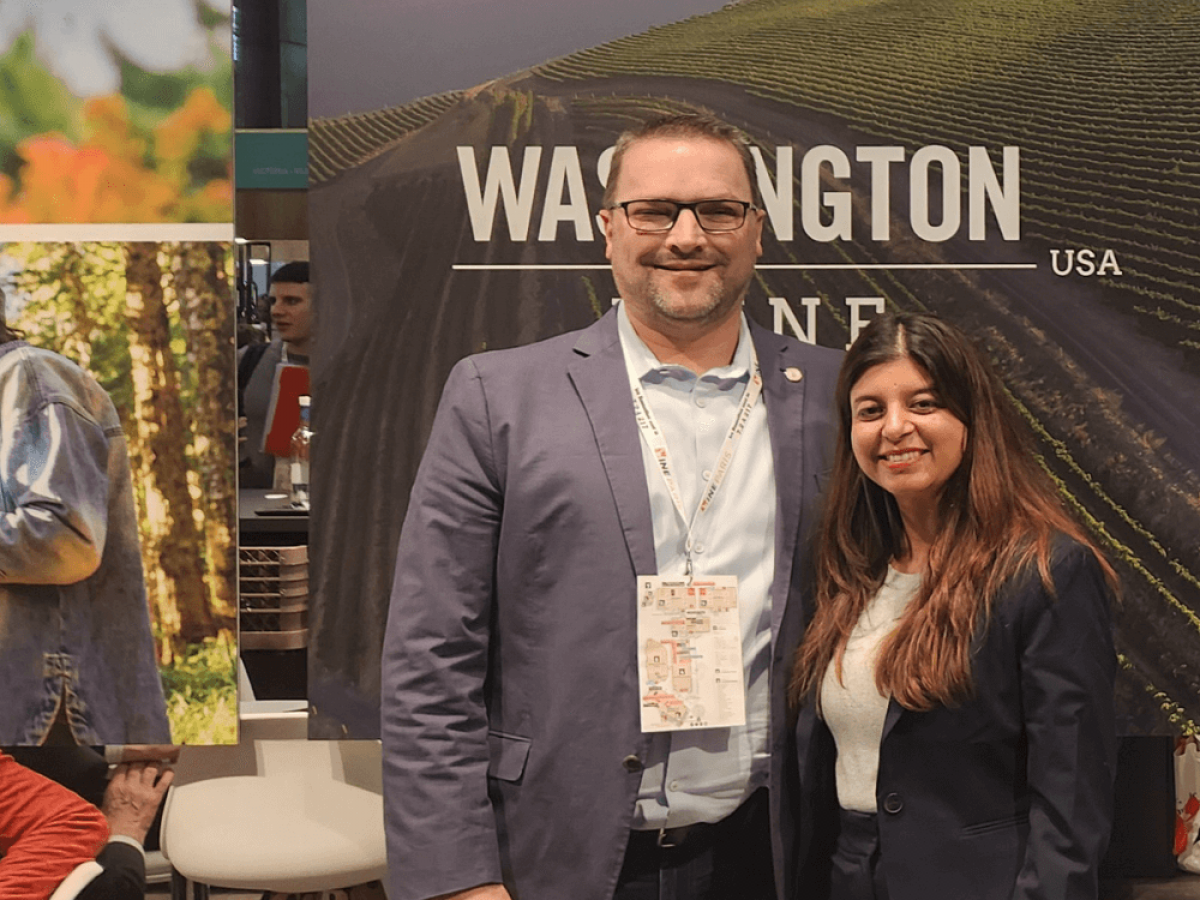
Wine has long carried an aura of exclusivity—rooted in tradition, framed by fine dining, and steeped in a language that often feels distant from the everyday consumer. But as lifestyles shift and younger generations redefine how they engage with food and beverages, the wine industry is facing a crucial challenge: How does it remain relevant in an era where beer and cocktails often dominate the conversation?
Chris Stone, Deputy Director at Washington Wines, believes the answer lies in adaptation. From meeting young consumers where they are—whether that’s in emerging urban hubs or outdoor spaces—to embracing sports, music, and digital tools, Washington Wines is rethinking how it presents itself to a new audience. In this conversation, Editor Malvika Patel sat down with Stone as he shared his thoughts on breaking down barriers, reshaping the perception of wine, and why inclusivity—whether in the form of sustainability, diverse pricing, or trade partnerships—is key to expanding the wine-drinking community.
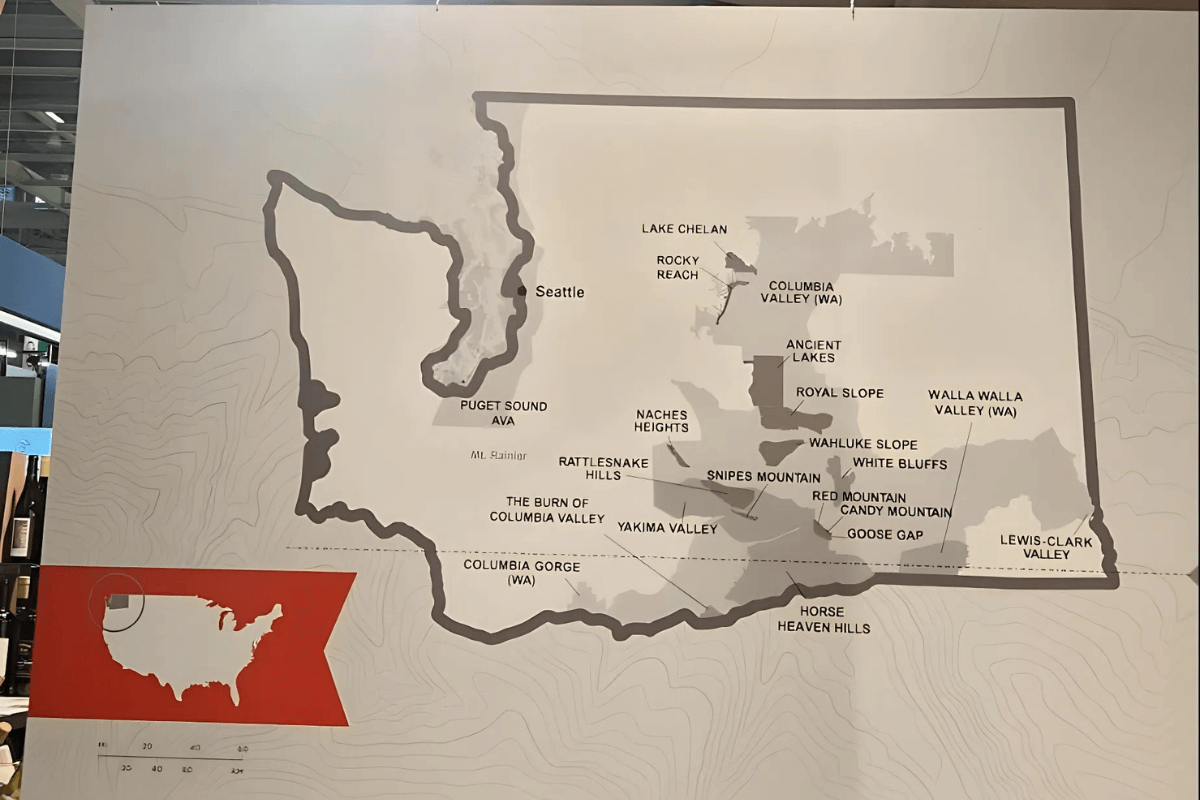
Washington Wines Map
Chris, how is Washington Wines approaching the challenge of engaging with a younger, more diverse consumer base? Can you share specific examples of campaigns or strategies that have worked well?
One of the ways is recognizing that young people are often being priced out of major metropolitan area centers. So discovering we need to go to those markets where they are and not expect them to come to us. So like we were in Manchester last week. Yes, we see that as an up-and-coming market where a lot of younger families are moving to. So we went to them, you know, and that's, I think that's just an example of understanding that we need to adapt to the change of consumer and not expect the consumer to adapt to us.
At home, we've made a subtle shift in like how we talk about Washington wine, and really learning to step away from maybe the more traditional wine language, wine imagery, and try to demonstrate that wine can be enjoyed when and where those young people are enjoying their lives. That might mean out camping, or another non-traditional setting, hiking or just sitting on a beach drinking out of a tin cup. I think wine has long suffered from an image problem. We've got to strip away that intimidation factor and make wine fun.
And good wine is subjective. Good wine could be something that was very, very affordable, but it fit the right occasion. It also could mean you have a special bottle that you've been saving.
We have to take wine and make wine easy for all those occasions, rather than it's only a special occasion to ever get in a fine dining restaurant.
How is Washington Wines leveraging cultural trends, such as food pairings, art, or music, to enhance the appeal of wine?
I'm seeing a lot of wineries trying to get into the sports space, and I like that. A lot of the sporting venues offer beer. I think there's a huge opportunity to demonstrate that wine can be a great choice. For me, wine isn't about place. So, if I'm watching a game and I have a rooting interest in a team, I might want to drink some wine from that place, right? So that's an opportunity, I think, but also getting wine in a different space, and sports being one example. But I think we have to find a way to make wine easily enjoyable outdoors.
Trying to increase wine tourism and get younger people out to the wine country and the tasting room, those places have to become more approachable or fun. So we launched an app recently to help consumers find wine around them, and they can filter it by things like, I want to go somewhere dog friendly, I want to go somewhere wheelchair friendly. Or it could be that I want to go somewhere that, whether it be a grape variety or a price point, or maybe they host events, there's a ton of criteria that can help people find a place where they're gonna feel comfortable and welcomed. So maybe it's woman-owned, you can filter by that and find things in your area. Again, finding new ways, and we know young people, especially, live on their phones. So here's a tool. While you're visiting Washington, you can find things that are going to really appeal to you.
I've seen a lot of wineries adopting kid-friendly things because we have to cater to young families. I also think it's important to acknowledge that not everyone in a group might want to drink wine. So a lot of our wineries in Washington are allowed to serve a small selection of local craft beer as well. So that makes it more appealing for a group where there’s one person who is drinking no alcohol, the second is a wine drinker, another one wants to drink beer. Everyone's welcome.
How can trade partnerships and collaborations help increase wine awareness and accessibility? Can you share examples of how Washington Wines is planning to work with the trade in 2025?
Chris: When we talk about trade, I include the wine media as part of the trade. They are our number one kind of vehicle to get our story out to the wine-consuming world because consumer marketing is hard, it's loud, it's expensive, but wine has this unique quality that most consumers are discovering things based on advice from wine media, whether it be social media or traditional wine media, or even from people in restaurants or in a retail shop. Until the consuming public gains that confidence and we strip away that intimidation factor, they're still going to rely on those trusted sources. So for us, that's how we continue to tell our stories, is via the trade, via the media.
I want to see more Washington wines in restaurants, at the glass pour price. I think having a glass of wine in a restaurant or a bar or anywhere, for that matter, is really the top way to initiate a trial. You don't want to commit to a bottle from a place you don't know exactly at a restaurant, and they recommend this glass. Now, you would want to explore more from that region.
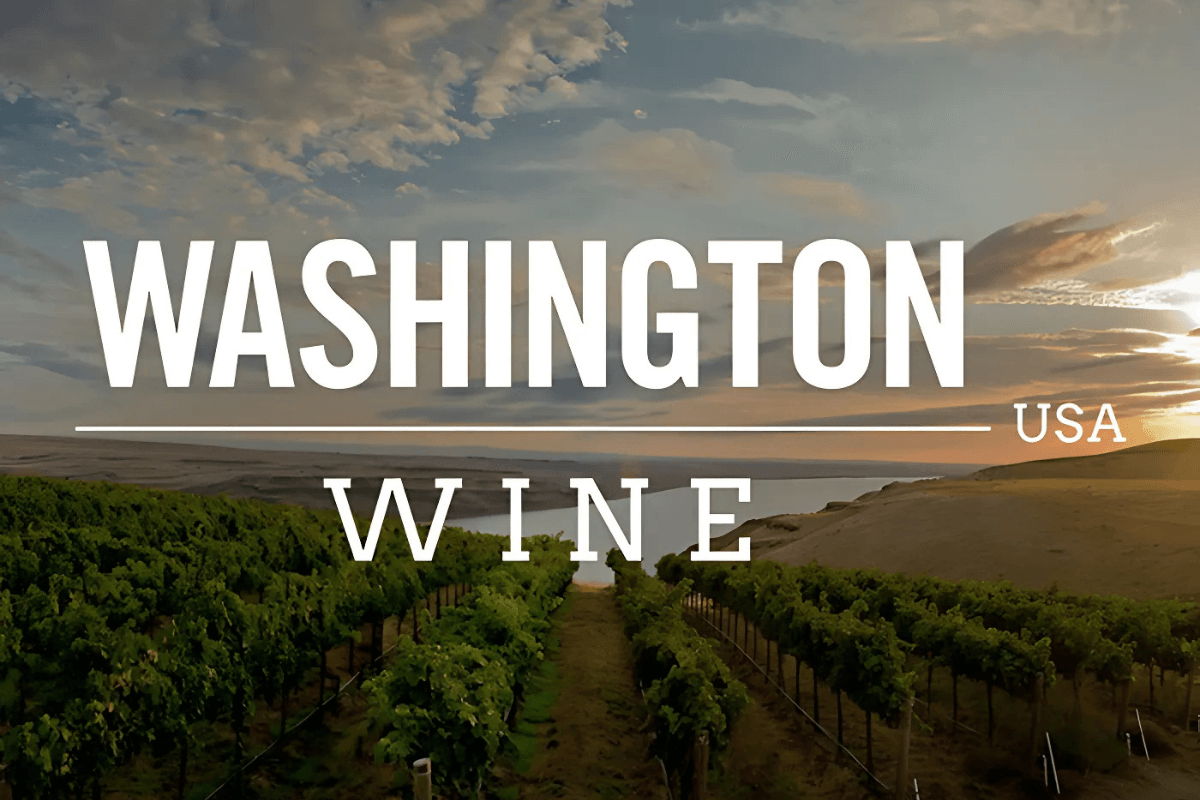
Malvika: It's the perfect introduction into a new region. And, I think it's really important because being a region which many people in the UK market may not be familiar with. The most important thing is to tell your story..
Chris: And, get a trial. You've got to try these wines. They'll discover what a phenomenal value they are.
And one of the unique things that they come to Washington and Oregon, the whole Pacific Northwest has this very laid back, very friendly, incredibly collaborative spirit. So you come there and everyone's hanging out together, it's very casual, sharing equipment. They're sharing knowledge, all in the spirit of trying to build this place that we know is special, to trying to get them to come and have a great time there.
Do you see consumers actively seeking out sustainable wines, and how is Washington Wines meeting this demand?
So absolutely, especially with the younger audiences, we recognize that they are very interested in understanding where their products, their food came from and their wine came from. The Northwest as a whole has always and have had sustainability in their ethos. That’s who we are. But we also recognize we can't just say that's who we are. You have to have that third-party endorsement of third-party certification. So about four or five years ago, we as an industry came together and launched a statewide sustainability program, starting with the vineyards. It's called Sustainable WA, WA being short for Washington. We already have about over 1/3 of the state's vineyard acreage certified by a third party. It's a very rigorous program, and we only see that program growing in importance, and we want to see that logo on more and more labels, and we want consumers to look for it, and recognize that that bottle came from sustainably grown grapes. The program does have plans. We want to expand it to now having another program, side by side with the first sustainable wineries. Right now, it's just about vineyards.
Are there specific trends, like low-alcohol or organic wines, that you see growing in response to health concerns, and how are you supporting producers in this area?
Yes, there is definitely a low-alcohol, or no-alcohol trend in the market here in Washington, and globally. We do have some producers that are addressing that trend, but I would not say that it has become widespread yet. My understanding is that it takes very special equipment and a process that can be quite expensive, particularly for the no-alcohol wines. That said, the overall trend here in Washington has been toward lower-alcohol wines, with balance and finesse.
In terms of how we are supporting these wines, we are happy to include low and no-alcohol wines in all of our programs as appropriate, and as our producers desire. These wines only further demonstrate Washington’s capability, diversity, and exceptional quality.
[[relatedPurchasesItems-55]]
Conclusion:
The future of wine isn’t about preserving tradition for tradition’s sake—it’s about making it relevant to the way people actually live. As Chris Stone highlights, this means breaking free from outdated notions of exclusivity, embracing new cultural spaces, and making wine more accessible in every sense—from its price point to its presence in sports arenas and casual gatherings.
Washington Wines is taking bold steps in this direction, focusing on engagement rather than expectation. Whether it’s through sustainability initiatives, digital tools that make wine tourism more approachable, or collaborations with trade partners to encourage trial, the goal is clear: to make wine feel less like an event and more like a natural part of everyday life. And if the industry as a whole can embrace that shift, the opportunity to grow wine consumption globally has never been greater.
In conversation with Malvika Patel, Editor and VP, Beverage Trade Network
Also Read:
From Vine to Vision: Insights from the Washington State Wine Commission
The Washington State Wine Industry Enters 2024 Facing Challenges and Opportunities
Around the World at WineParis 2025

